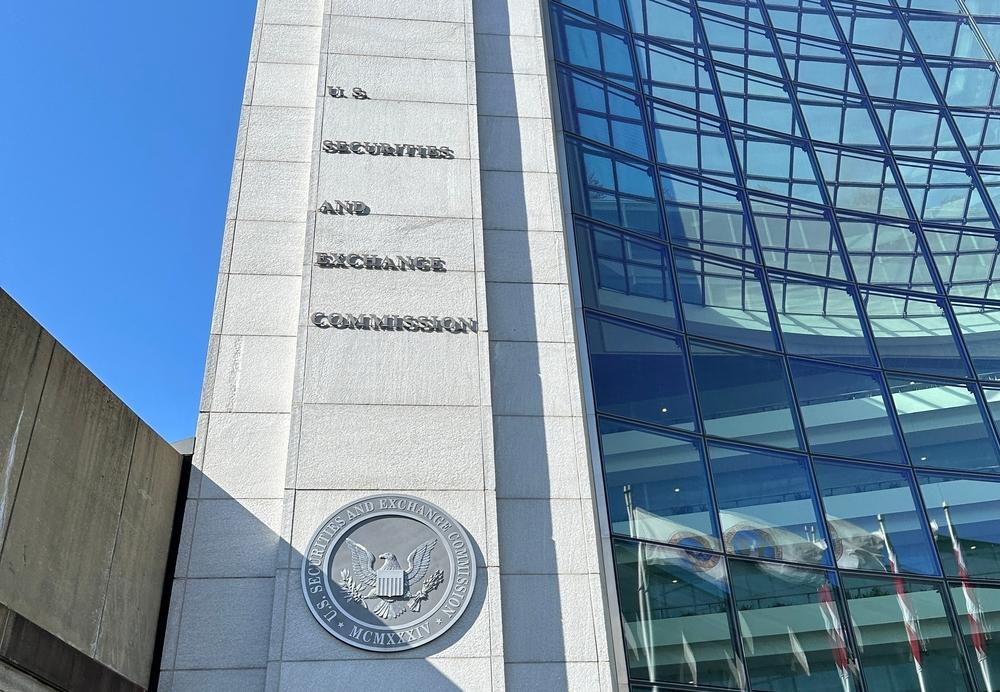As the crypto ecosystem grows and proliferates, crimes in this sector have also been spreading at a relatively commensurate rate. From scams to crypto exchange hacking, the sophistication of cybercriminals operating in the crypto-verse has been evolving through the years.
In an attempt to preempt this growing problem, Russia’s Ministry of Internal Affairs is looking to create legislation that will allow authorities to force criminals to give up stolen digital assets. The agency has mandated that the proposal on this front should be completed by Dec. 2021, CoinDesk reported citing RBC.
The problem is that Russia doesn’t have an extensive regulatory framework that governs the crypto market. The legal definition of crypto assets, for instance, is still muddy in the country.
Sextortion in the digital space
It’s also unclear how authorities will “force” criminals to handover their stolen crypto since each wallet is protected by a combination of passwords and cryptography. Despite these hurdles, however, authorities are confident that may be able to collaborate with crypto exchanges to freeze the funds of shady entities.
Russia’s growing concern about cybercrimes isn’t unfounded. In a paper titled “Spams meet Cryptocurrencies: Sextortion in the Bitcoin Ecosystem,” researchers found that criminals are using botnets for sextortion activities.
What’s alarming about the study was that although the criminals are already using sophisticated technology to scam people, their methods can still be improved. The researchers conclude that based on the data they’ve collected, there is a high probability that there’s only a single entity responsible for these sextortion activities.
Posing as money launderers
Drug dealing is also another concern for countries that are trying to put up protections against the disruptive crypto industry. In this regard, Russia might want to borrow a page from U.S. authorities.
Last year, the DEA – along with other U.S. government agencies – managed to arrest 35 individuals that are involved in illegal crypto activities, seizing more than $26 million. Nicholas Weaver, a senior researcher at the International Computer Science Institute at UC Berkeley, said that one of the methods they used to track down the culprits was to pose as a money launderer.
“Posing as a money launderer for Bitcoin seems like a great mechanism to find the dealers. There are so many paths for the darknet dealers to get drugs. There are fewer paths for them to get cash,” Weaver said.


























Comment 2